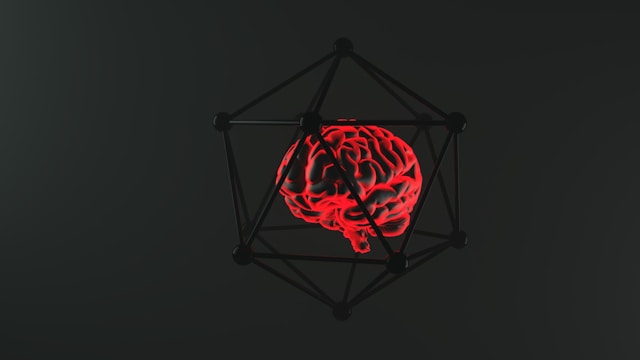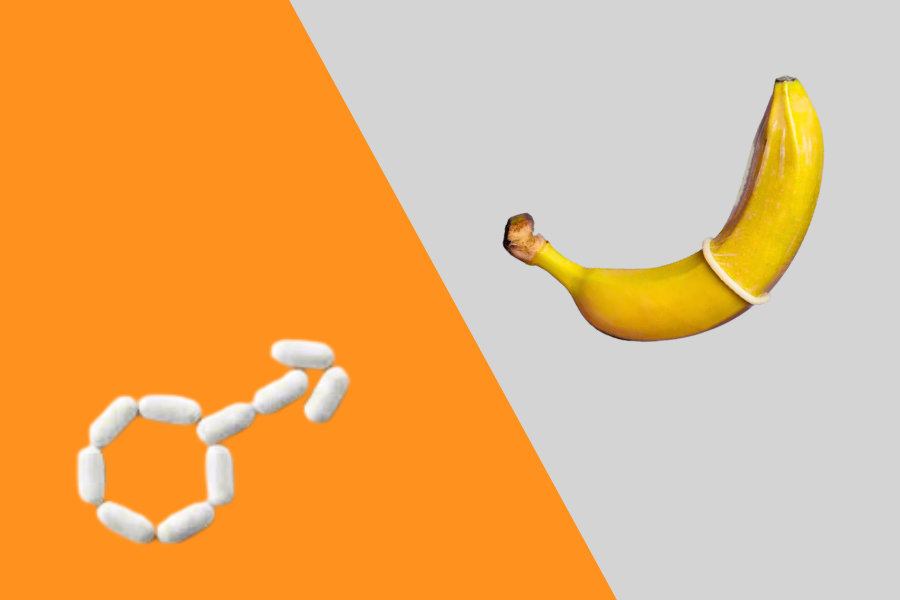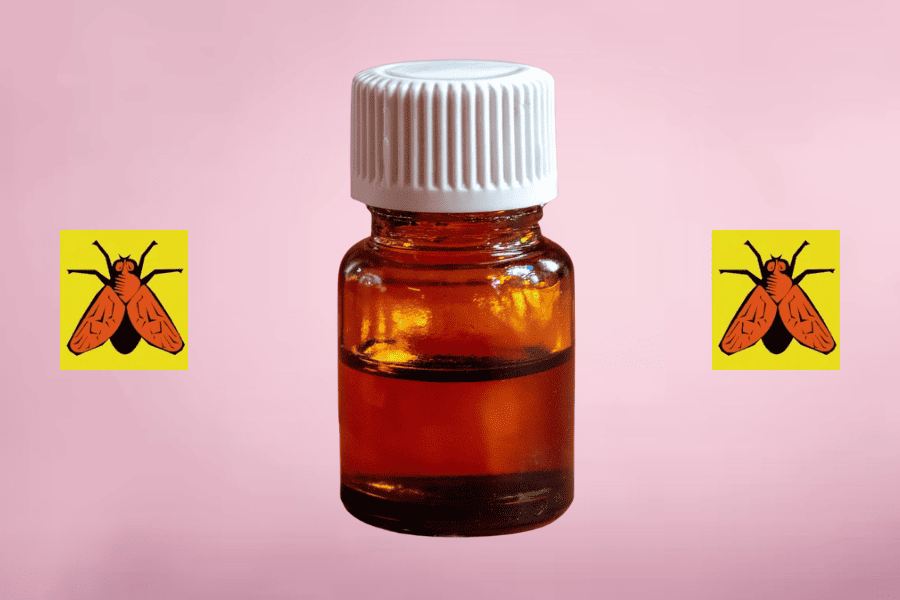What are nootropics and how do they work?
- Funcaps
- Blogs about smartshop
- 6 Jun 2025
- 5views
- Reading time: 4 minutes

When you think of focus, productivity and mental performance, the term nootropics comes up more and more often. But what exactly are nootropics? And do they really work? In this blog, we explain what they are, discuss how they work and we will look at both the benefits, possible side effects and disadvantages.
What are nootropics?
Nootropics are substances that can improve the cognitive functions of the brain. These include focus, memory, concentration, motivation and even mood. They are also known as smart drugs or brain boosters and come in various forms: synthetic or natural (such as caffeine, ginseng or L-theanine).
Some nootropics are supplements that are freely available, while others are classified as medicines and are only available on prescription. In all cases, they are aimed at improving mental performance, although their effectiveness varies per substance and per person.
How do they work?
Nootropics mainly influence the chemical processes in the brain. Many of these substances target neurotransmitters such as dopamine, acetylcholine or serotonin, the signalling substances that play a major role in attention, memory, mood and motivation. By stimulating these substances, nootropics can provide temporary benefits for your cognitive functions.
For example, caffeine blocks adenosine (which causes drowsiness), making you feel more alert. L-theanine, often found in green tea, has a calming effect and helps you focus without the nervousness that caffeine sometimes causes. Synthetic nootropics such as racetams or modafinil are more complex and directly interfere with brain processes.
Experiences with nootropics
Below are some experiences of Nootropics by users:
‘My friend is also a big fan of nootropics and says that it only has benefits and is good for you...’
‘I've been using it for a month now and I really like it. I can concentrate much better on my studies, so I'll definitely remember it for the future. When I have a deadline to meet, it comes in handy.’
‘This has given me the ideal way to get difficult tasks done at work and stop procrastinating. If I need to concentrate better on a tough job, I take 2 tablets. I really fly through it, so it has a big effect!’
Check out our blogs on: what is snus? & what is etizolam?

What are the benefits of nootropics?
The use of nootropics can have various benefits, depending on the type of substance, the dosage and you as a person. The most common benefits are:
- Improved focus: Many users experience increased focus and concentration, especially when performing tasks that require high mental effort.
- Increased productivity: Improved focus and alertness allow tasks to be performed faster and more efficiently.
- Improved memory: Some nootropics support short- or long-term memory, which can be useful for studying or learning.
- Better mood and motivation: By influencing dopamine and serotonin, certain substances can have a stimulating effect on your motivation.
- Longer mental energy: Synthetic nootropics in particular can delay mental fatigue.
For people with ADHD, sleep problems or chronic fatigue, certain nootropics can also provide relief, under medical supervision.
What are the disadvantages?
Although nootropics offer interesting benefits, it is important to consider the other side as well. Not all substances have been thoroughly researched, and not all users experience only positive effects. Nootropic side effects vary depending on the type of substance. Naturally occurring substances such as caffeine or ginseng have relatively mild side effects (such as nervousness, insomnia or stomach problems) when used normally. Synthetic nootropics can cause more serious reactions such as headaches, palpitations, anxiety or even dependence.
Nootropics also have disadvantages that are sometimes less noticeable but still important:
- Lack of long-term research: For many new nootropics, not enough is known about their long-term safety, so you need to be careful.
- Placebo effect: Some users feel sharper due to expectation, while the actual impact is limited.
- Dependency or tolerance: Regular use of certain substances (such as caffeine or modafinil) can lead to habituation, reducing the effect and requiring higher doses.
- Performance pressure: The use of cognitive enhancers raises questions about fairness, particularly in study or work environments.
Nootropics is a collective term for substances that can temporarily improve mental performance. Whether you choose a natural variant or a synthetic booster, it is important to use these substances consciously. They can offer benefits such as improved focus and productivity, but of course they also carry risks. Anyone considering nootropics would do well to inform themselves thoroughly, start small and always listen to their own body. For anyone interested in mental sharpness but also values long-term health, it is crucial to find a balance. Sometimes that boost is not found in a capsule, but in sleep, nutrition and structure. And you don't need to read a package insert for that.











